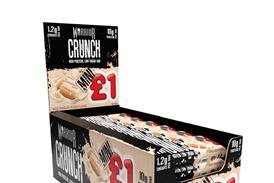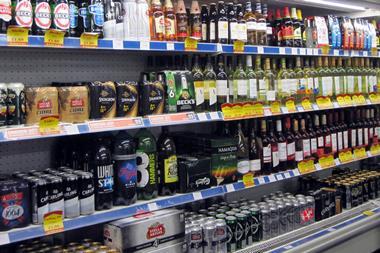The Competition and Markets Authority (CMA) has made a recommendation for the removal of rollover energy contracts for microbusinesses in its final report on energy market reforms.
After concluding a two-year investigation and the most comprehensive analysis of the energy market since privatisation, CMA has compiled a range of recommendations of change to make both domestic and non-domestic energy markets more competitive.
The investigation found that thousands of consumers and microbusinesses are currently paying more than they need to for their energy. The CMA has proposed measures are implemented to help competition between suppliers and help customers switch to better deals. These include banning rollover contracts for microbusinesses, allowing price comparison websites to play an active role in finding the best deals for customers and allowing rival suppliers to contact customers that have been on a default tariff for more than three years to offer a better deal.
The full CMA report, which found that 45% of microbusinesses were on default energy tariffs in 2013, compared average unit revenues earned by six large energy firms and a number of independent suppliers from 2012 to 2014. The results found rollover tariffs were 29-36% higher than retention tariffs for electricity and 25-28% higher for gas. Meanwhile deemed tariffs for electricity were 66-82% higher for electricity and 70-116% higher for gas.
James Lowman, Association of Convenience Stores chief executive, said: “We welcome the conclusion of the CMA investigation and the recommendation of the removal of rollover contracts, which ACS has been a strong supporter of for several years.
“However, there are still issues in the energy market that need to be resolved and it is now up to Ofgem to continue the work that they started before the investigation began. Specifically, we need to see the swift implementation of a code of practice to regulate the activity of third party intermediaries (energy brokers) – many of which continue to mislead retailers with bad deals and hidden charges.”

















No comments yet